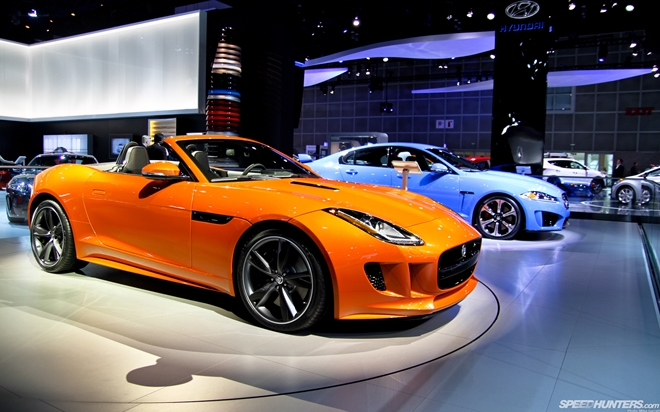Vietnam consumes nearly 273,000 automobile units in 2017
PSNews - The Vietnam Automobile Manufacturers’ Association (VAMA) announced that 272,750 cars were sold in 2017, down 10% compared to 2016. The sales of passenger cars, commercial and special-use vehicles decreased by 15%, 2% and 12%, respectively.
- Volvo car enters Hanoi market
- Work starts on first Vietnamese automobile manufacturing complex
- Decree on automobile trading conditions to be issued
 |
| Photo for illustration. |
Last year, a total of 272,750 units were sold, down 10 percent yearly. The sales of passenger cars, commercial and special-use vehicles decreased by 15%, 2% and 12%, respectively.
The falling sales were attributed to consumers’ wait for decrease in automobile prices in early 2018 when automobile import tariff will slip to zero percent in accordance with the ASEAN Trade in Goods Agreement.
In order to stimulate demand, almost all domestic assemblers and distributors offered a series of promotions and discounts. However, consumers still showed little interest.
Later in November 16, 2017, it issued Decree No.125/2017/ND-CP on amendments and supplements to some articles of Decree No.122/2016/ND-CP on import tariff and preferential import tariff, list of goods and their flat tax, compound tariff and out-of-quota import tariff.Accordingly, flat and compound tariffs on imported secondhand automobiles will increase by thousands of USD from January 1, 2018.
According to industry insiders, the market could see decrease in prices of domestically-assembled automobiles this year thanks to zero percent import tariff on automobile spare parts and 5% reduction in special consumption tax on units with engine 2.0 and less.

